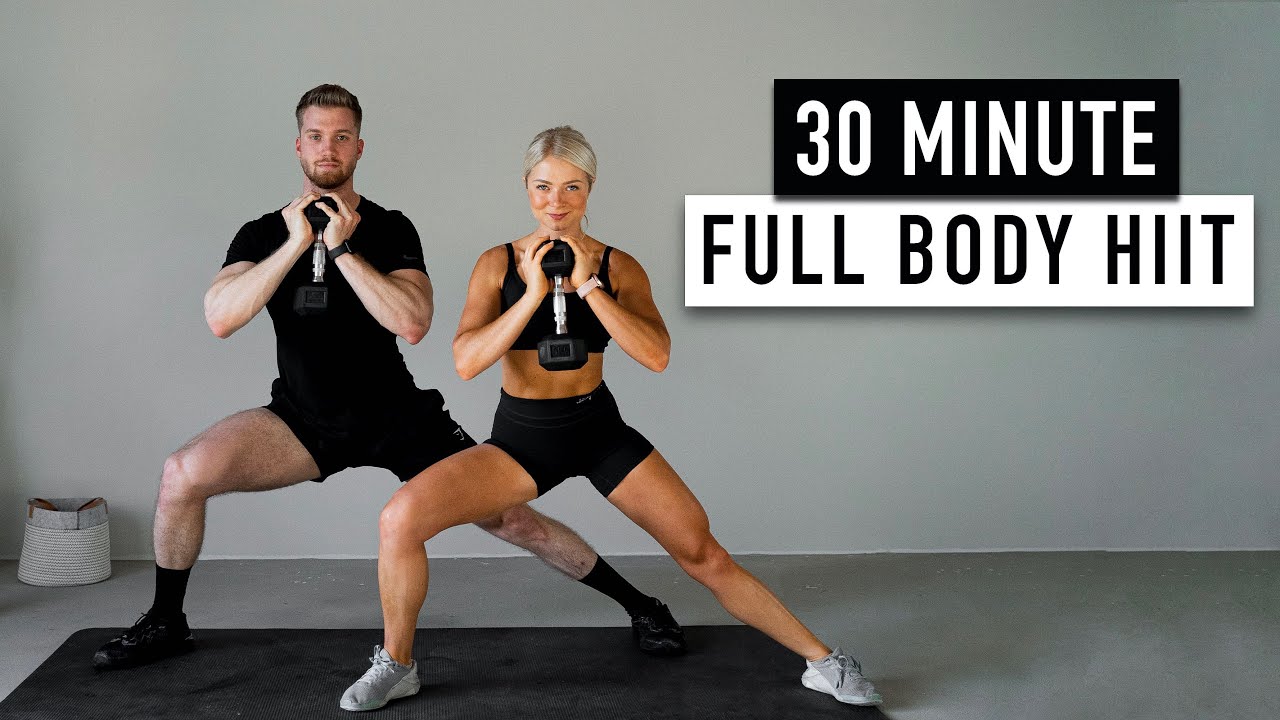
Although it takes more effort and precision to program two workouts per week, you can achieve greater muscle growth than doing just one. These workouts are not suitable for all. They may not work for athletes with hectic schedules, or anyone who isn't able to do them. If you want to make the most of your workouts, here are some things you should keep in mind.
Two-a-day workouts might not be right for every lifter.
Although it may seem tempting to exercise twice a day, there is a lot of risk. Overtraining can lead to injuries and you could fall into a rut. It can also lead to mood swings and decreased appetite. You may not get the best results. Combining two-aday training sessions with a day off for recovery can help reduce your risk.
They can give you more muscle growth than one session per days.
It is possible to achieve greater gains in strength and size by training twice a day. This is due to increased protein production which triggers the repair and growth of muscle cells. You can also maximize your training volume by doing a 2-a-day workout. This allows you to concentrate on form and power output, while avoiding fatigue. However, you should always make sure to recover from your training sessions in order to maximize your progress and minimize damage to your muscles.
It depends on what muscle group you are using, but the ideal rest time between sets can vary. Although untrained individuals can manage a shorter rest period, more experienced athletes should aim to have at least two minutes between sets. Shorter breaks are better for smaller muscle groups, and longer ones for more challenging exercises.

FAQ
Is it necessary to eat before exercising?
No. You don't have to eat before you start working out. You might be hungry after a workout, so you may want to snack on fruit or yogurt.
What are resistance training exercises?
Resistance training includes using weights and other objects to perform specific movements. Lifting weights will strengthen your arms. Resistance training improves muscle mass, bone density and overall strength.
Are there exercises I shouldn’t perform?
Before you start any new exercise routine, it is important to consult your doctor. Some people are unable to exercise due to injuries. Certain activities require special equipment and training. Swimming, for example, requires swimming suits and access to the pool.
Statistics
- Globally, 28% of adults aged 18 and over were not active enough in 2016 (men 23% and women 32%). (who.int)
- Globally, 81% of adolescents aged 11-17 years were insufficiently physically active in 2016. (who.int)
- An estimated 110,000 deaths per year could be prevented (cdc.gov)
- In 2018, the World Health Assembly agreed on a global target to reduce physical inactivity by 15% by 2030 and align with the Sustainable Development Goals. (who.int)
External Links
How To
How to Stay Fit at 40
This article provides guidance for people who want to keep their bodies strong and healthy, even after turning 40. This article provides basic information on how to eat well, exercise, sleep well, and take care your mental health. This article offers tips for living longer and more healthy lives.
-
Eat Right - You should eat right when you want to be healthy. You should steer clear of processed food products, and eat whole grains and fruits, vegetables, lean proteins, fish, eggs, nuts, seeds, beans and legumes. Do not eat what you don’t like. You can add another food to your daily diet. This will not help you lose weight. Try adding small amounts of different foods to your daily meal. If you normally only eat chicken breasts, you might consider adding turkey to your weekly meals. Try rice occasionally if pasta is your favorite food. These foods should be a part of your daily life.
-
Exercise - Make sure to exercise at least three times per week. Include cardio activities like running, swimming, biking and dancing. You should also ensure you get enough sleep. It is recommended that you get at least 8 hours sleep per night. It is important to drink enough water throughout each day. Drink 2 liters (0.5 gallon) of water each day.
-
Sleep well - It is vital to get enough sleep in order to be healthy. The National Sleep Foundation states that adults need 7-8 hours sleep per night to be in good physical and mental health. However, most people average less than 6 hours of sleep per night. You might consider changing your sleeping patterns if you feel tired all day. You can catch more sleep by changing your sleeping schedule so that you go to bed earlier or wake up later. Also, you might want to turn off your phone before bed in order to relax and wind down. Avoid caffeine after noon to avoid insomnia.
-
Take Care Of Your Mental Health - For a healthy body, it is important to take care of your mind. Stress can lead you to make poor choices in food and lifestyle choices. Therefore, it's important to make sure that you practice stress management techniques such as meditation, yoga, breathing exercises, and relaxation techniques. Try to spend one hour of your free time doing something enjoyable. You could go for a walk, play sports, read a book, listen to music, or watch TV.
These four simple steps will help you live a longer, healthier life. These simple steps will allow you to reach your fitness goals.